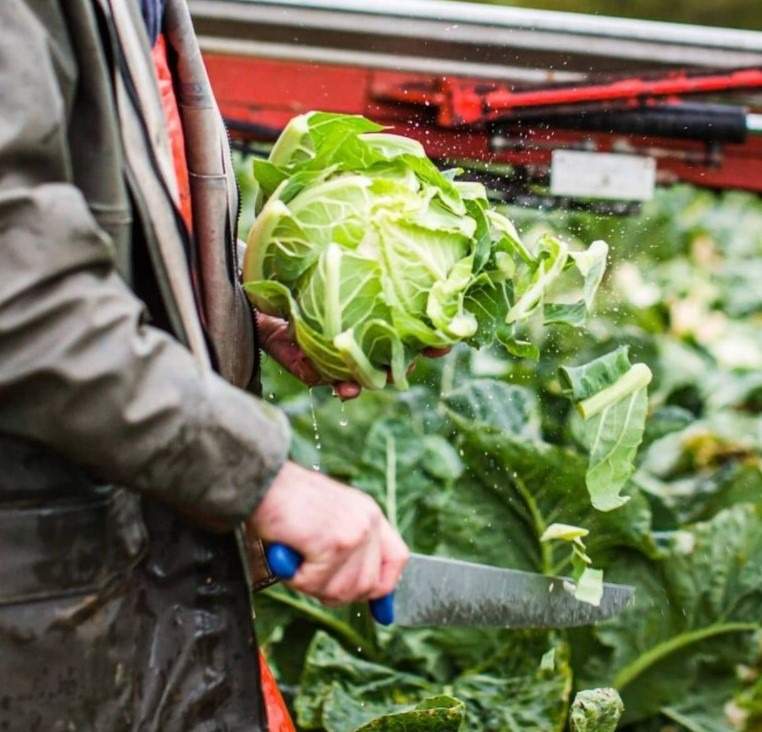The 1,700 Breton market farmers united under the Prince de Bretagne brand have established some ambitious goals in response to environmental and climate issues.
Prince de Bretagne, which unites 1,700 Breton market farmers, is a major player on the European fresh vegetable market. It also represents the largest single group of organic market farmers in France. In 2020, the brand generated €345 million in revenue from 470,000 tons of fruit and vegetables sold in over 30 countries.
Well aware of the challenges related to climate change, the group is continuing its efforts to limit its impact on the environment. “Prince de Bretagne’s goals are clear: reconcile society’s expectations with market farmers’ work in order to continue to grow delicious, well-farmed produce responsibly, and to keep the sector strong for the next 20 years. The permanence of an entire facet of our economy and the very concept of market farming depend on it,” Marc Kerangueven, the group’s president, insists.
– 20% Organic Produce
“Prince de Bretagne currently counts 151 organic market farmers (for total production of 50,000 tons of 60 different vegetables a year). The group’s goal is to double organic production and reach 20% of the total by 2030.”
As for the conventional agriculture side of things, the goal there is to reach 20% grown without pesticides (as opposed to 10% currently), also by 2030. Launched in 2017, the “grown without pesticides” range now concerns six different vegetables (squash, tomatoes, pumpkin, broccoli, Romanesco broccoli, and shallots) grown on 300 farms.
– Varietal Research
In order to achieve those goals, Prince de Bretagne is investing in research to develop varieties that are more disease resistant, including, for example, a new kind of shallot, the Molène, that has highly mildew-resistant genes. Another notable goal the group has adopted is their determination to have 100% of their farmers be HVE (High Environmental Value) certified by 2022, as well as reducing their use of plant-protection agents. And lastly, Prince de Bretagne is aiming for zero plastic within the next 5 years, and is committed to a 30% reduction in water use for field-grown tomatoes.
More information about agri-food industry in our news!
